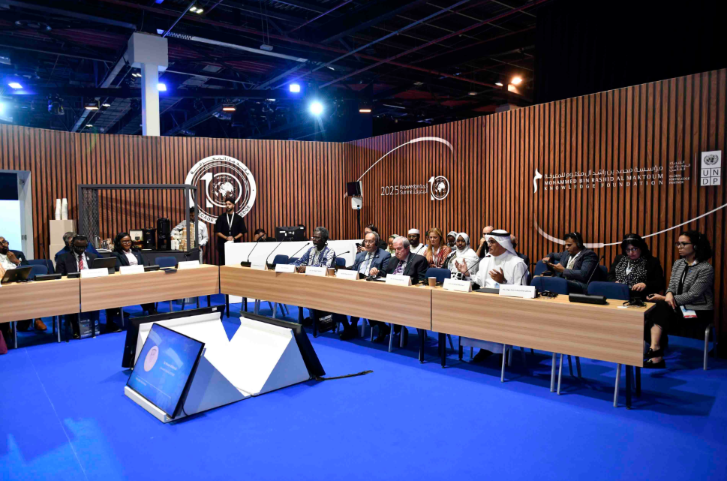
Government
Experts at Knowledge Summit urge stronger knowledge policies to combat misinformation and empower youth
Speakers at the Knowledge Summit 2025 stressed the urgent need for stronger knowledge policies to support nations transitioning toward knowledge-based economies. Experts warned that weak governance, limited data-sharing frameworks and the rapid rise of misinformation are impeding development progress across many regions.
During a session titled Building Knowledge Policies, representatives from ICESCO and international institutions emphasised youth empowerment, multilingual knowledge access and global cooperation as vital components of future-ready, equitable knowledge systems.
H.E. Timur Suleymanov, Aide to the Rais of the Republic of Tatarstan, highlighted the role of young people in shaping and safeguarding national knowledge. “Empowering youth is a long-term investment. The new generation should embrace values, and this must begin in childhood through tools such as games, movies, social media and books,” he said. Suleymanov added that early engagement in knowledge creation and project participation is critical to building an efficient and resilient youth community.
Osama Heikal, Head of the Media and Communication Sector at ICESCO, warned about the growing use of social media as a vehicle for misinformation. Citing a Reuters study, he noted that 72% of people believe fake news poses a threat to lives and societal stability.
“With the internet and mobile phones becoming primary sources of information, fake news now rivals the dangers of conflict and climate change,” Heikal said. “Many people can’t differentiate between real and fabricated news.”
He called on media, security and educational sectors to strengthen awareness and equip societies to recognise misleading content.
Heikal also pointed out that 60% of people do not trust traditional media outlets, and that advancements in AI are escalating concerns about the production of sophisticated fake content.
Professor Mohamed Zinelabidine, Head of the Culture Sector at ICESCO, noted that knowledge societies cannot thrive without economic investment. “Among 54 ICESCO member countries, 31 lack knowledge indicators — including 13 Arab states. About 41 countries have no spending allocated to knowledge,” he said.
He added that in 43 countries, creative and cultural industries contribute minimally to national GDP, underscoring an urgent need for stronger policy frameworks.
H.E. Anar Karimov, Former Minister of Culture of Azerbaijan and Head of Partnerships at ICESCO, stressed that cooperation between nations is essential for development. “Our aim is to build partnerships between countries to strengthen their knowledge ecosystems. International collaboration is critical for progress,” he said.
Dr. Ahmed bin Abdullah Al Bunyan, Director of the Center of Translation and Publishing at ICESCO, emphasised the importance of multilingual knowledge accessibility.
“Knowledge is power when it is exchanged and available in multiple languages,” he said. “High-quality translation, open publishing platforms and digital transformation are key to building strong, inclusive knowledge systems.”
📢
Advertisement Space
750x200 pixels
Click to book this space
Comments (0)
Please log in to post a comment
Login to CommentNo comments yet. Be the first to share your thoughts!